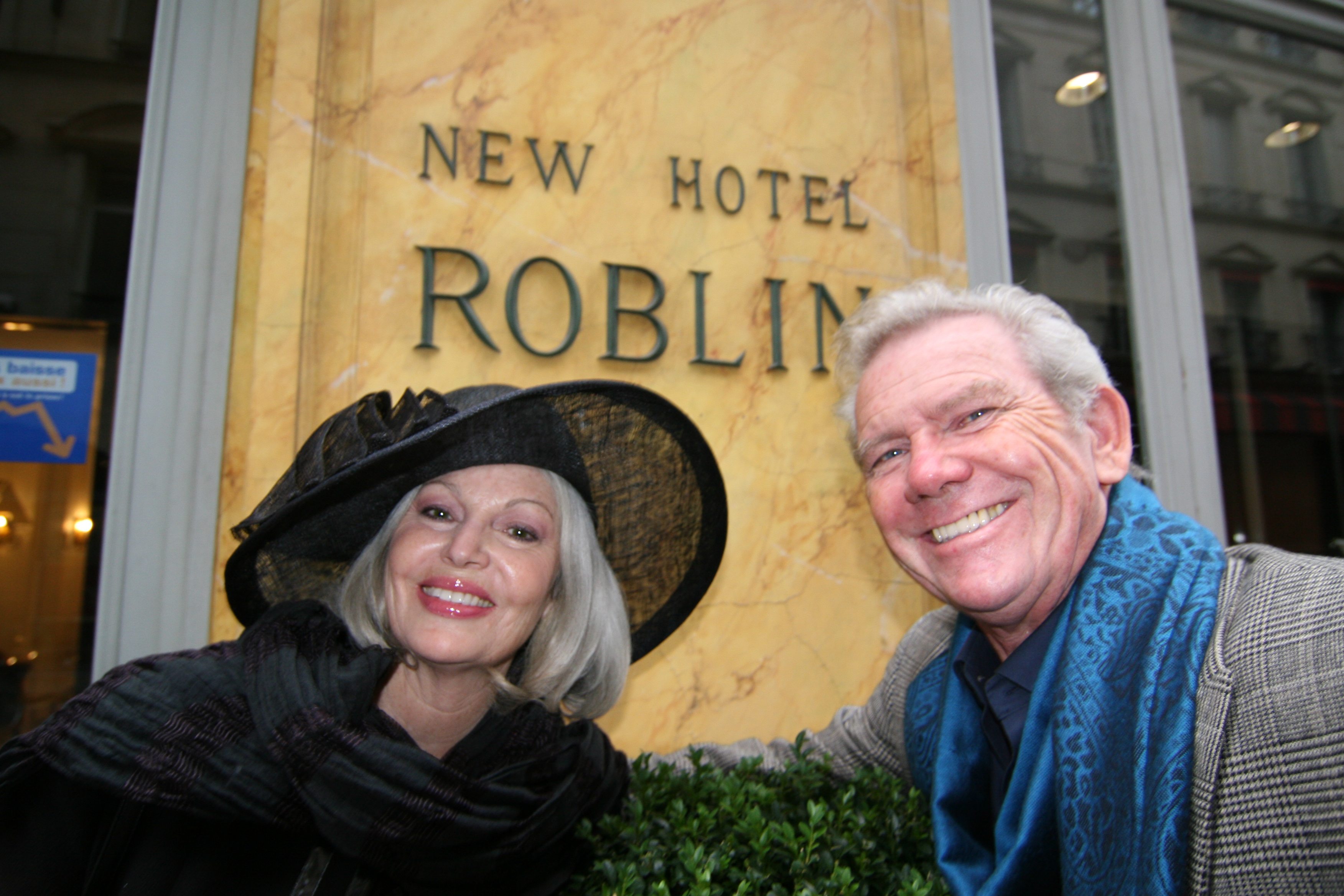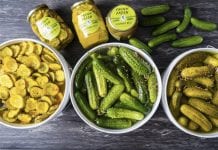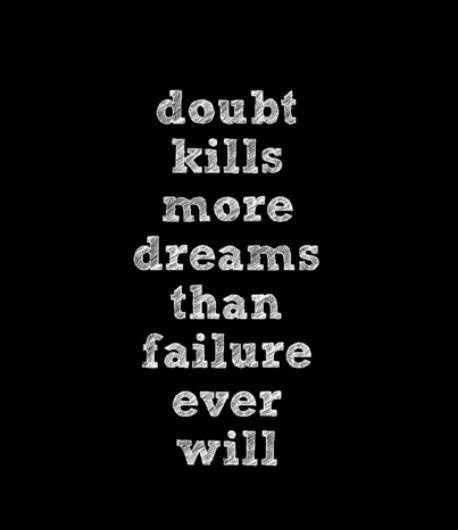 By Linsley Oaks, LuxEco Editorial Assistant
By Linsley Oaks, LuxEco Editorial Assistant
It’s a question as old as campfire, and the answer is getting more and more difficult to produce: “Hey Ma (or Pa), What’s for dinner?”. Today’s family arguably has more challenges than any before to provide nutritionally balanced and healthy meals not only within budget, but also be able to past the dreaded ‘taste test’. We may know more about nutrition and food production than ever before, but that also means there is that much more to learn and navigate through.
The realities of mass food production in this modern age are out there, and perhaps the harshest light of all has been shed on the meat production industry in particular. I don’t know about you, but I am developing a strange kind of repressed guilt for purchasing and consuming meat. It is almost more than this girl can stomach in the face of that ever looming ‘burger craving’. Even if it is free range, organic, and local, our accepted morals and collective consciousness about eating meat are changing. Just look at how many more vegetarian options are available at our eateries there are now versus even five years ago.
I don’t think I am alone in liking to think that I am an educated, moral, and conscious individual. Knowing what I know, and don’t know, about the meat production industry seems like enough motivation to be a vegetarian with the sole purpose of not supporting it with my consumer dollars. And yet, there is something about meat that my body craves and will not be denied. A deep conflict has arisen between the desire to eat meat and have a positive impact on the world.
This conflict is perhaps most difficult for the modern American family: cooking meals that please the whole family is already hard enough, not to mention all the added stress of how our food industry is failing its own populous. It takes strength and dedication of a very high level to commit to the lifestyle change of being a vegetarian for one person, let alone getting others under your own roof to join the cause. When raising children, it is so important to make sure their nutritional needs are met, not to mention the social aspect of food. Raising a child be vegetarian is not only challenging nutritionally, but also in how they relate to others in social settings that so frequently center around eating.
Graham Hill feels the same way, and has an ingenious solution for those individuals and families that want to have a positive impact and still enjoy that sizzle of flesh on open flames. Be a “Weekday Vegetarian!” In his TED, Graham points out that Americans are consuming twice as much meat today as we did in the 1950s, the results of which can not only be seen on our environment but also on our personal health. His solution, Weekday Vegetarian, is simple yet effective; be a vegetarian during the week, and eat meat on the weekends. It seems too obvious: the problem is not necessarily that we eat meat, but the amount of meat we consume. It is not the production of meat that is inherently problematic but the mass production of meat that has evolved to supply our ever increasing demand. By decreasing that demand, we can still show the meat production industry that we don’t support practices that are not sustainable or beneficial to our bodies and our world. Being a “Weekday Vegetarian” cuts your footprint as a carnivore up to 70%! That is a great gain for such a small sacrifice. I am totally with Mr. Hill in asking, “What is there to stop you from giving Weekday Vegetarian a shot?”













